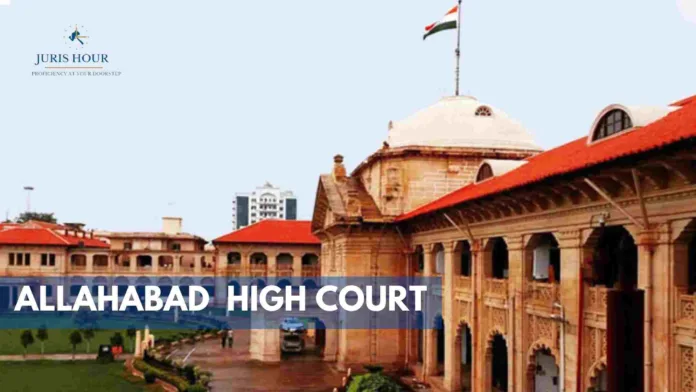The Allahabad High Court has held that proceedings under Section 130 of the Goods and Services Tax (GST) Act cannot be invoked merely on the basis of excess stock found during a business premises survey.
The bench of Justice Piyush Agrawal has quashed orders passed by the State Tax authorities, reiterating that cases pertaining excess stock found during a business premises survey must be dealt with under Sections 73 or 74 of the GST Act instead of Section 130 of the GST Act.
Section 130 of the GST Act empowers authorities to confiscate goods or vehicles if they are supplied, received, or transported in violation of GST provisions with intent to evade tax, if goods are not accounted for, supplied without registration, or if vehicles are used illegally (unless the owner proves lack of knowledge). In such cases, the person is also liable to penalties under Section 122. Instead of confiscation, the owner may pay a fine, which cannot exceed the market value of goods (minus tax) and, along with penalty, must be at least equal to 100% of the tax payable; in case of hired vehicles, the fine can equal the tax on goods transported. No confiscation or penalty can be imposed without giving the person a chance to be heard, and once confiscated, ownership of goods or vehicles vests in the government. The officer may seize and take possession with police assistance if required, and after ensuring goods or vehicles are not needed in other proceedings, they may be sold within three months, with sale proceeds deposited with the government.
Section 73 of the GST Act applies when tax is not paid, short paid, wrongly refunded, or input tax credit wrongly availed/used for reasons other than fraud, wilful misstatement, or suppression of facts. In such cases, the officer issues a notice demanding tax with interest and possible penalty. A taxpayer can avoid notice by paying tax and interest voluntarily; if paid within 30 days of the notice, no penalty applies. If shortfall remains, the officer can proceed with the notice. After hearing the taxpayer, the officer determines tax, interest, and a penalty of 10% of tax or ₹10,000, whichever is higher. The order must be passed within 3 years from the due date of annual return or from the erroneous refund date. However, penalty will still apply if self-assessed tax or collected tax is not paid within 30 days. This section is applicable up to FY 2023-24.
Section 74 of the GST Act deals with cases where tax is not paid, short paid, wrongly refunded, or input tax credit is wrongly availed/used due to fraud, wilful misstatement, or suppression of facts. In such cases, the officer issues a show-cause notice demanding tax, interest, and a penalty equal to the tax. The taxpayer can settle earlier by paying tax with interest and 15% penalty before notice, or 25% penalty within 30 days of notice, or 50% penalty within 30 days of order, after which proceedings are closed. The officer must issue the order within 5 years from the due date of the annual return or from the erroneous refund date. Proceedings once concluded against the main person also close against others involved. This section applies only up to FY 2023-24.
The matter arose from a survey conducted in February 2024, where tax officials alleged stock discrepancies at a trader’s premises without carrying out actual weight verification. Based on this, proceedings under Section 130 read with Section 122 were initiated, leading to confiscation orders.
The petitioner argued that the action was beyond legal scope, since the law mandates that discrepancies in stock records should be addressed through tax determination proceedings under Sections 73/74, not through confiscation under Section 130.
The court emphasized that the GST Act is a self-contained code, and Section 35 clearly requires businesses to maintain proper accounts. If stock discrepancies are discovered, tax liability must be determined strictly through Sections 73/74, not through confiscation.
The Court observed, “Once the Act specifically contemplates that action is to be taken under Sections 73/74, the provisions of Section 130 of the GST Act cannot be pressed into service.”
The High Court quashed the orders by declaring them legally unsustainable.
Case Details
Case Title: M/S Nikhil Trade & Exports Versus Addititional Commissioner Grade-2
Case No.: WRIT TAX No. – 3812 of 2025
Date: 12.8.2025
Counsel For Petitioner: Suyash Agarwal,Sr. Advocate
Counsel For Respondent: CSC

